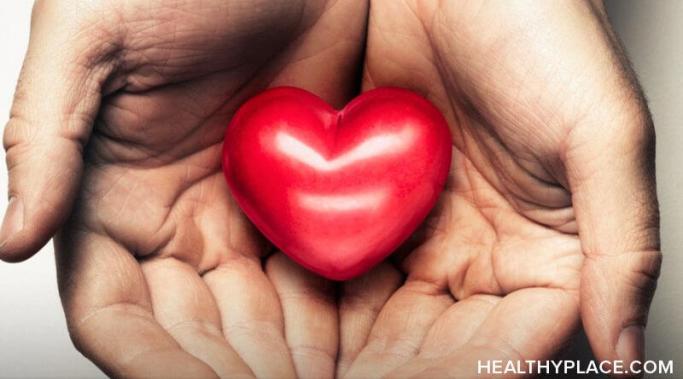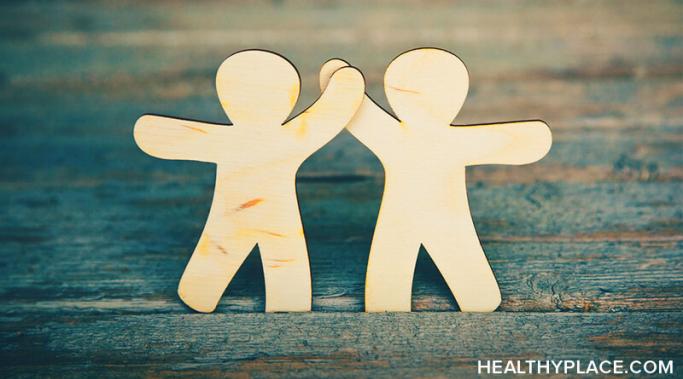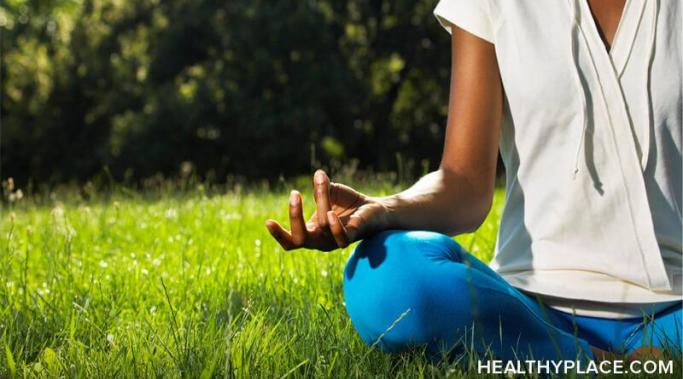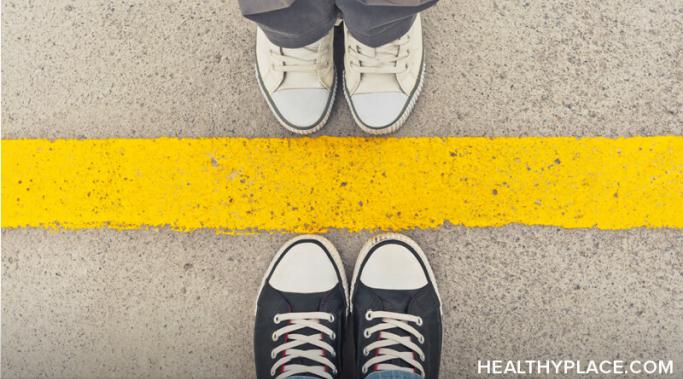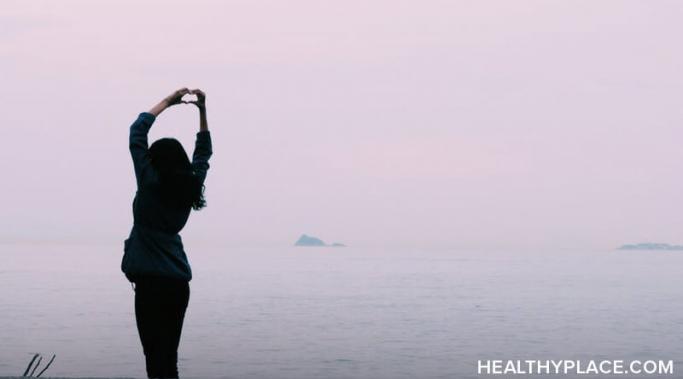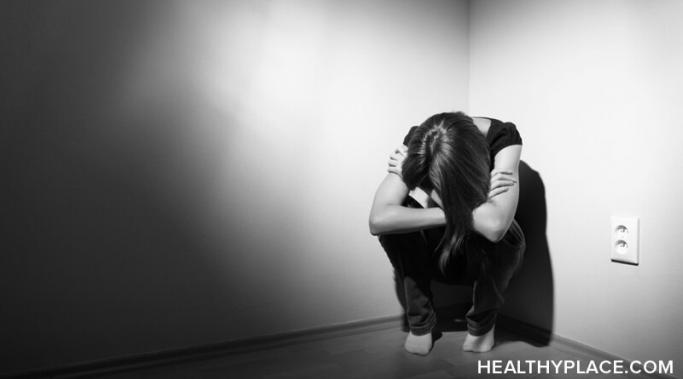The way I choose to interact with my body has an impact on my eating disorder recovery. So, it's crucial to make sure that I practice mindful interactions with my body, rather than using harmful words or behaviors to abuse my body and interrupt the healing process.
Eating Disorders Recovery
I will be the first person to confess that physical rest does not come easily to me. In fact, one of the most persuasive lies from my eating disorder, which I'm still working to dismantle, is that I am not allowed to rest. For years, I assumed that a body in constant, relentless motion would equal strength, power, and control, whereas a body at rest would signal weakness. However, as recently as this past weekend, I had no choice but to pause and remember that rest is an essential part of eating disorder recovery—and health overall.
Around this time last year, I was in serious need of a social media detox because doom-scrolling on Facebook and Instagram had monopolized most of my free time and sabotaged my mental health. This habit morphed me into someone who was constantly anxious, irritable, tense, and frantic. I could not seem to redirect my thoughts from the vitriol that spewed in the comment sections on my newsfeed, so to regain some measure of control, I turned to a familiar distraction: my eating disorder.
This letter is to you, the person who wants to quit eating disorder recovery.
There will often come a time in the healing process when you feel an impulse to share what you've learned with someone else and invest in their eating disorder (ED) recovery as well. I have experienced that urge in my own personal journey, and I've also watched it manifest in other ED recovery warriors I know.
Over the past few weeks, Simone Biles taught me so much about healing. I don't know Biles personally, of course, but I know resilience when I see it. At 24 years old, Biles has suffered the trauma of sexual abuse, the pain of numerous athletic injuries, the stress of training in a pandemic, the systemic offenses of the U.S. gymnastics culture, and the burden of expectations from an audience who assumes her performance will not falter.
In my own experience, boundaries are frequently talked about in the mental health community as pillars of self-care, but all too often, it's unclear how to create and reinforce those healthy boundaries. I define boundaries as an instruction manual for which behavioral dynamics, communication habits, and interpersonal treatment I either will or won't tolerate in my relationships—and life overall.
In just a couple of days, I will turn 30. To those who have spent more time on this earth than I have, this might not seem like such an extraordinary milestone, but 10 years ago, I never imagined that I would be alive to see my 20th birthday—let alone my 30th. That version of me felt hopelessly convicted to a life sentence of anorexia.
When I walked into a residential treatment center at the age of 19, I saw myself as anorexic. Flash forward almost 10 years later, and I still identified as an anorexic in recovery. This descriptor used to roll off my tongue as if on instinct—it felt purely automatic to view the illness in terms of who I had become, rather than a diagnosis I could heal from. But as I'm about to turn 30 in just a couple of weeks, I have chosen to shed this label once and for all. I no longer call myself anorexic, and here is why I am making that intentional choice from now on.
Before I chose to start the journey of freedom from my eating disorder in 2017, I took it as a source of pride that I rarely shed tears or expressed vulnerable emotions. The sheer fact I was able to count on one hand the number of times I cried in a 10-year period felt like a badge of honor. I feared the consequences of vulnerability, assuming any crack in my hard, stoic exterior would leave me open to rejection or betrayal. But underneath this tough shell of self-protection, there's always been a sensitive, compassionate soul with emotions that run deep and tears that ache to flow. Reclaiming those tears now feels cathartic for me, and I think it's important to name this as part of my healing process.



